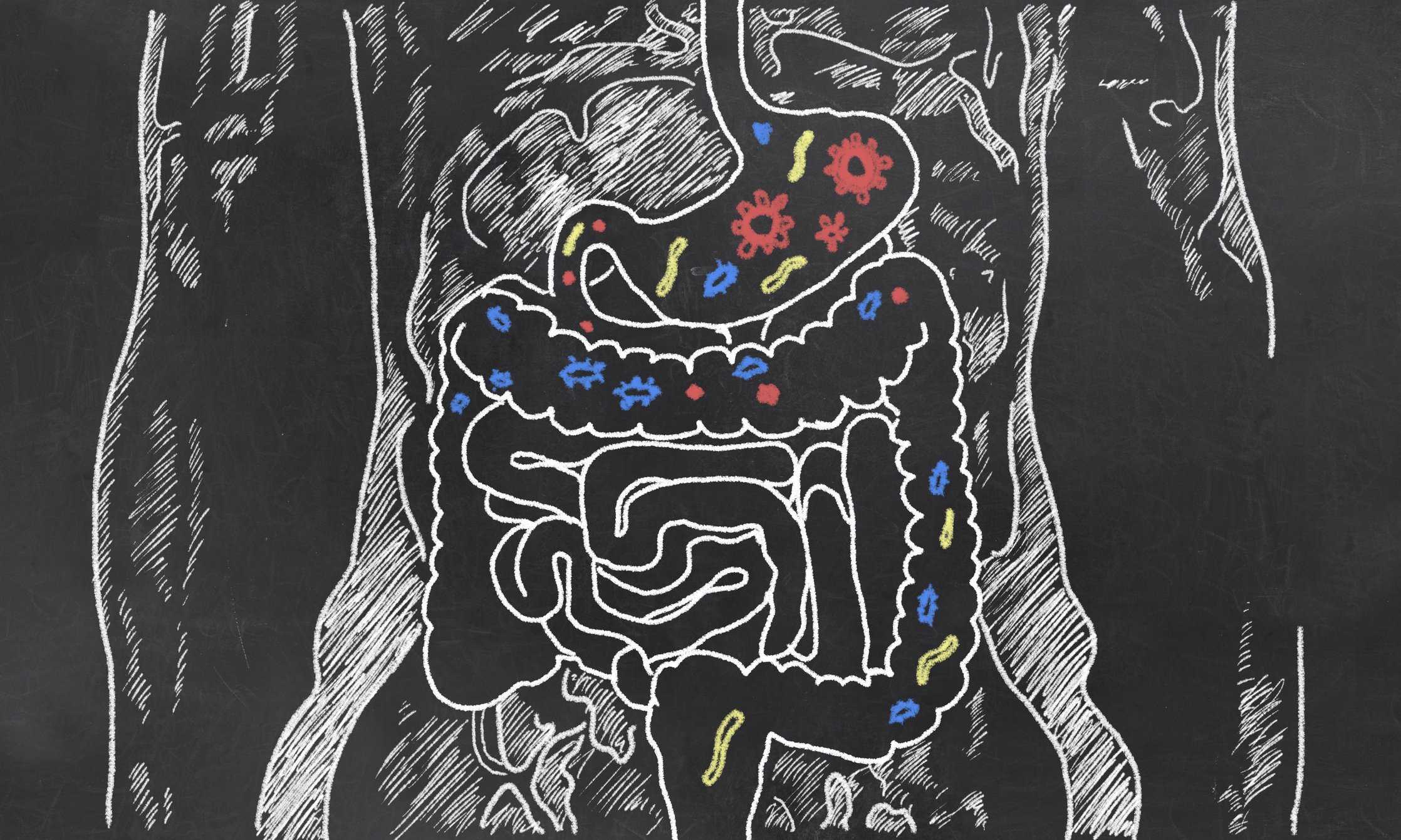Contents:
- Medical Video: Children and Leaky Gut
- What is that environmental enteropathy?
- How to find out if a child has itenvironmental enteropathy?
- How can this small intestine infection occur in children?
- What are the consequences if environmental enteropathy is not treated immediately?
Medical Video: Children and Leaky Gut
Malnutrition or nutritional problems are a major cause of various health problems and diseases that children suffer, especially children under the age of 5 years. Not only that, children under five who are malnourished have a greater risk of dying than children who have good nutritional status. Malnutrition in children is often caused by children suffering from various infectious diseases, one of the infectious diseases to watch out for is environmental enteropathy.
What is that environmental enteropathy?
Environmental enteropathy is a small intestinal infection in children caused by poor sanitation and environmental cleanliness. Chronic infections that occur due to dirty environment and poor sanitation cause intestinal function to be disturbed, such as impaired absorption of carbohydrates, affect the immune system in the small intestine, causing the small intestine wall to become thin and irritable easily, and unable to absorb nutrients properly. This disease is prone to occur in children aged under five who are in a critical period, namely the period that requires an environment that supports the growth and development. Environmental enteropathy or commonly referred to as tropical enteropathy, appears without obvious symptoms, so children are very vulnerable to this disease.
Some of the bacteria in the digestion can be proven to help the growth and development of children, but if the amount is not controlled it can interfere with the child's digestive system. In normal people there are 100 to 1000 ml of bacteria, while in people who experience it environmental enteropathy,bacteria in it can reach 100 million ml of bacteria. This can make the small intestine that should function to absorb previously digested nutrients that are not functioning.
Villi is a part of the small intestine that is responsible for the absorption of every nutrient that enters the body. In normal circumstances, the villi is shaped like a wrinkled wall. But in people who have too much bacteria in their small intestine, the villi will become flat so that absorption of nutrients is not optimal and then experience environmental enteropathy.
How to find out if a child has itenvironmental enteropathy?
Until now it was not clear how this disease occurred, but experts estimate that the bacteria that enter the digestive system damage the digestive organs gradually. One thing that can be done to find out if your child has environmental enteropathy is by biopsy to see tissue in the small intestine, and various other health tests.
How can this small intestine infection occur in children?
Newborns have a digestive system and absorption of foods that are functioning normally. However, symptoms are usually environment enteropathy will appear between 2 to 12 weeks after birth. The small intestine in its normal state secretes globet cells, which function to produce mucus to protect the walls of the small intestine to avoid bacteria. But in children who experience it environmental enteropathy, too many bacteria that enter the body. This bacterium appears due to contamination of the environment that is not clean and dirty. Thus, children living in dirty areas and poor sanitation do not have good small intestine walls.
In addition, an increase in the number of bacteria that occurs in children, is also caused by a disruption of function and a changing structure in the small intestine. This change in structure occurs because of inflammation of the intestine, which then continues to cause chronic inflammation. The situation in which the number of bacteria in the intestine increases is called small intestine bacterial overgrowth (SIBO). Research carried out in Myanmar involved 340 children and found 27.2% of children had SIBO, most of whom lived in unclean environments. Another study conducted in Brazil found that 37.5% of children experienced an increase in the number of bacteria in their bodies and on average lived on the outskirts of the Brazilian capital that did not have clean sanitation.
What are the consequences if environmental enteropathy is not treated immediately?
Absorption of bad nutrients can interfere with various bodily functions and make children malnourished or impaired their nutritional status. Infection that occurs in children under five is very influential on cognitive development and achievement of children's learning. Environmental enteropathy is a state of infection caused by bacterial infection from the environment. Of course, this will affect the child's brain development if not handled properly. Research conducted in Bangladesh shows that children who live in unclean environments tend to have lower cognitive test scores than children who live in clean and good sanitation environments. Not only that, from the results of these studies it is also known that children who experience infectious diseases such as environmental enteropathy, has less motor skills, is not active, and is less creative.
Therefore, to support the growth of children, parents are not only asked to fulfill their nutritional needs. However, environmental hygiene can also affect the development of children to adolescents. In addition, the right choice of food is needed to prevent children from experiencing malnutrition or even malnutrition, when children are experiencing pain, especially infectious diseases.
READ ALSO
- Is it true that air pollution threatens children's mental health?
- 7 Things Parents Must Do for Child Mental Health
- Children's Mental Health Is Better If Children Are Raised in Rural Areas












